

Tuesday, April 2
Foundations of the Profession
The CASE Framework: Applying a Holistic Response to Free Speech and Inclusion on Campus
Tues, Apr. 2 at 1:30 pm EDT

View Details
Overview
In an attempt to foster an environment that cultivates inclusion and maintains free speech, institutions of higher learning have encountered formidable challenges. These challenges often result in tense moments and conflicts in and out of the classroom. Many believe that fostering a culture of inclusion and belonging on college campuses has the potential to curtail freedom of expression. In the long run, this lack of understanding can erode the public trust in higher education. While there is no single solution, having strategies available that universities can choose from can help to harmonize the principles of inclusion and free speech. In response to these challenges, PEN America has created the CASE framework, a structured approach for responding to campus tensions involving free speech and inclusion. It outlines challenges, reflection questions, and strategies that enable campus leaders to have a holistic response to campus incidents where free speech and inclusion might be at odds.
Learning Outcomes:
- Understand and articulate the components of the CASE framework and its application on campus free speech and inclusion.
- Identify a systematic and organized approach to responding to campus tensions.
- Employ guidance and direction for designing educational programs and professional development opportunities focused on responding to campus tensions.
Speakers
Kristen Shahverdian, Program Director of Campus Free Speech
Social Justice and Inclusion
Anti-Racist Leadership in Practice
Tues, Apri 2 at 3:30 pm EST
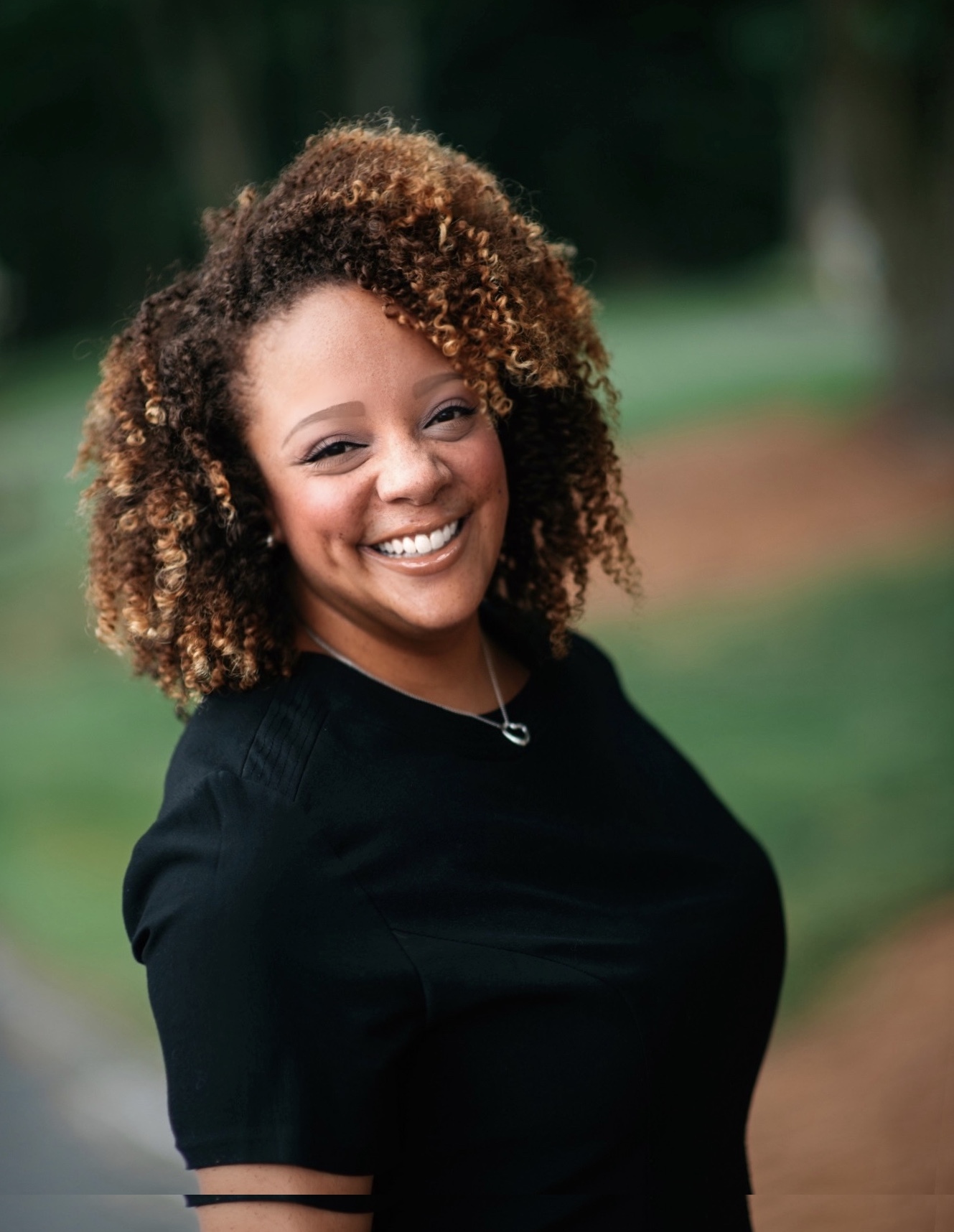
View Details
Overview
During moments of crisis caused by racism, many leaders - who oftentimes hold privileged and oppressor identities - face competing pressures to condemn racism and reiterate institutional values to create an inclusive community while continuing to please their donors who may disagree with addressing racism. Participants will learn strategies and tactics to move institutions away from racism and toward anti-racism, including a shift in racist policies, practices, pedagogies, and people.
Speakers
Jordan Shelby West, Associate Vice Provost for Diversity, Equity and Community Engagement
Foundations of the Profession
Higher Education Policy Update: Federal and State Priorities for Student Affairs Professionals
Tue, Apr 2 at 2:30 pm EDT


View Details
Speakers
Diana Ali, Director of Policy Research and Advocacy
Jill Dunlap, Ph.D., Assistant Vice President of Research, Policy, and Civic Engagement
Overview
Many of the issues occupying the minds of public policymakers around the United States are directly related to the day-to-day work of student affairs professionals. The presenters will provide a broad overview of the federal and state policy landscape, focusing on issues that align with the NASPA Public Policy Agenda. Information will be provided on financial aid, costs, and student debt; sexual assault prevention and response; mental health; political attacks on diversity, equity, and inclusion, including policies related to restricting diversity, equity, and inclusion efforts on campus and efforts to limit gender-affirming care; and campus free speech.
Learning Outcomes:
- Explain current public policy conversations at the federal and state levels pertaining to student affairs.
- Identify the specific ways that Student Affairs professionals can collaborate to respond to state and federal legislation.
- Locate resources for additional information to stay updated with salient issues.
Wednesday, April 3
Student Learning, Development and Success
From Practice Back to Theory: Integrating Established Models into Student Well-being Work
Wed, Apr 3 at 1:30 pm EDT

View Details
Overview
Health Promotion and Health Behavior theories and models can be accessible, concrete, and sometimes fun (Seriously!) This session will invite participants to learn some of the “greatest hits” of Health Promotion and Health Behavior theories to help fill the existing evidence-based practice gaps in student well-being work on their campus. Participants will have the opportunity to generate ideas for how to connect these theories to existing practice, identify potential harms and hazards, and consider how to center students who have traditionally been decentered in this work. Participants will be invited to co-create learning with each theory shared; this session seeks to enhance participants’ curiosity about one or more models to learn more. References will be shared with participants so they can take a deeper dive at the level at which they choose.
Learning Outcomes:
- Identify up to three accessible health promotion/health behavior theories that can be applied to improve the efficacy of student well-being work on campus.
- Examine their current campus efforts for potential unintended harmful side effects such as reactance, message rejection, furthering racism, victim-blaming, and/or erasure.
- Apply *one* theory to *one* existing or future part of student well-being work on their home campus.
Speakers
Jennifer Jacobsen, Executive Director of Health & Wellness
Assessment and Evaluation
Applying Assessment Trends and Tools to Tell the Story of Student Affairs
Wed, Apr 3 at 3:30 pm EDT
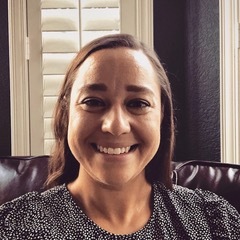
View Details
Overview
The co-chairs of NASPA's Assessment, Evaluation & Research Knowledge Community will share trends in student affairs assessment and discuss strategies to better inform improvements as well as evidence of the impact of student affairs on higher education.
Learning Outcomes:
- Accurately describe the current landscape of storytelling in student affairs.
- Identify techniques that effectively communicate the value of student affairs.
- Evaluate the connection between assessment trends and the storytelling process.
- Describe strategies that analyze techniques being used in student affairs to tell stories.
Speakers
Shaun Boren, Ed.D., Director, Student Life Assessment & Research
Kim Kruchen, Associate Director for Strategic Initiatives
Thursday, April 4
Leadership
Cracked & Empty Cups: Elevating Health and Wellness in the Student Affairs Profession
Thu, Apr 4 at 1:30 pm EDT
 | 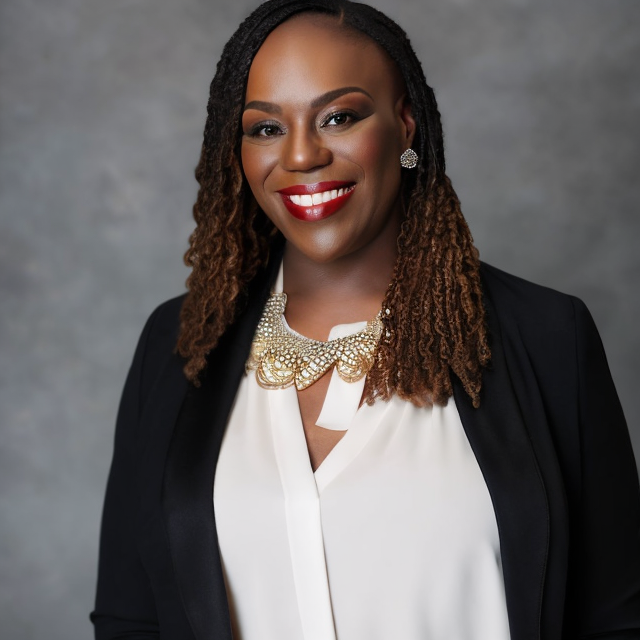 | 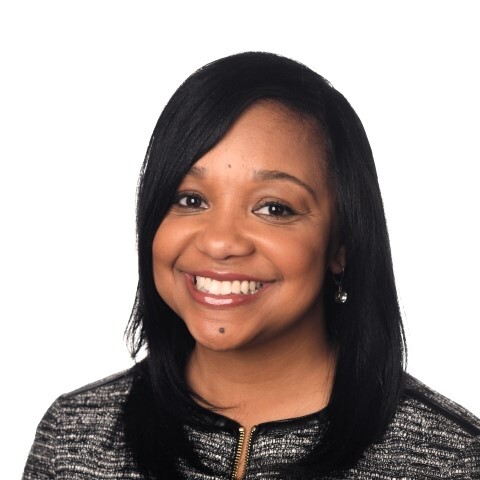 | 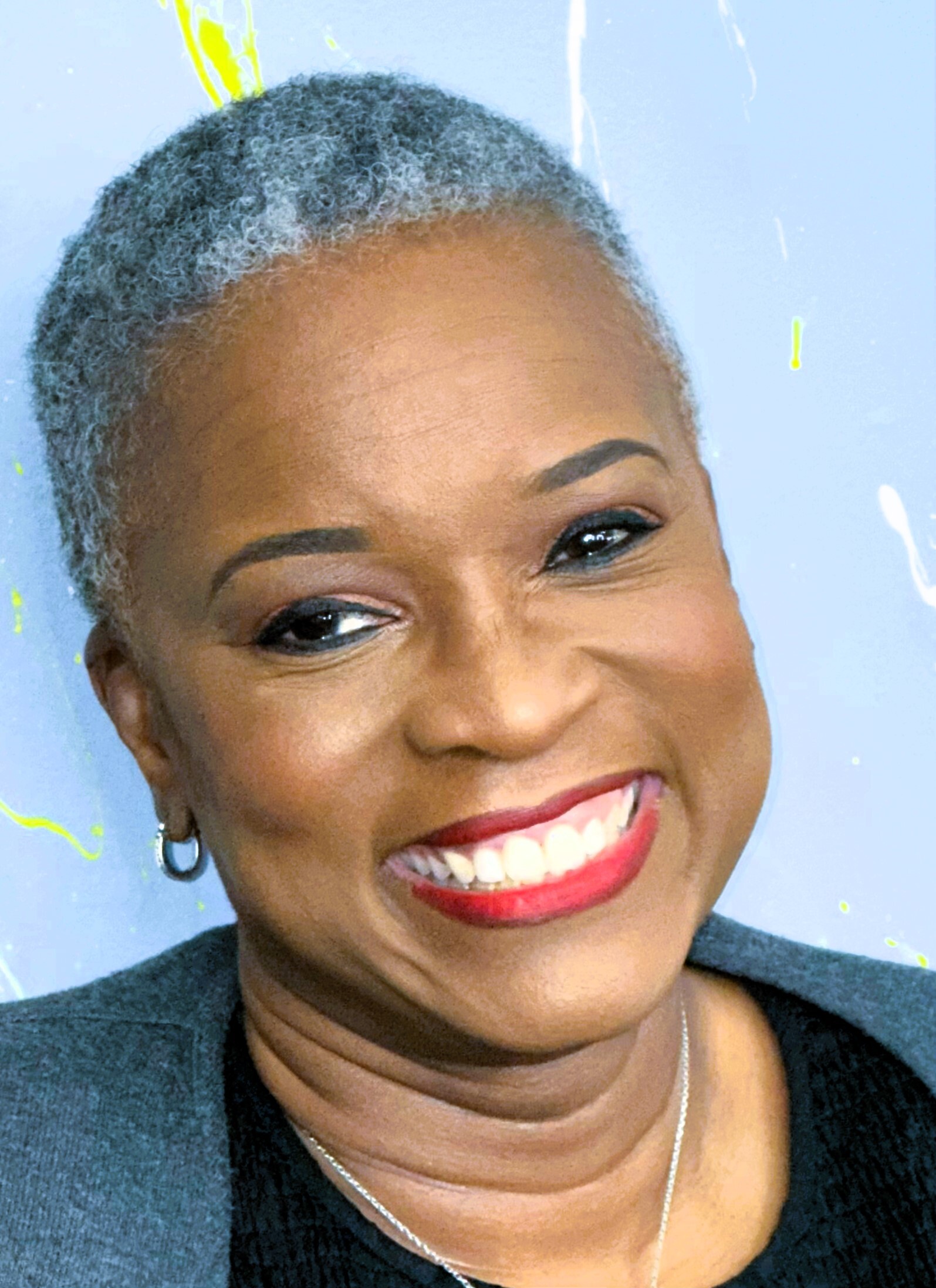 |
View Details
Overview
In the fast-paced world of student affairs, professionals often find themselves grappling with the challenges of maintaining personal health and wellness. Join us for an insightful presentation that not only addresses strategies for individual well-being but also underscores the crucial role of leadership in fostering a healthy organizational culture. Through engaging discussions and actionable insights, this session aims to empower individuals to fill their cups with sustainable practices, while creating environments that promote the flourishing of the teams they are on or lead.
Learning Objectives
- Recognize and Mitigate Burnout and Stress:
- Understand common signs of burnout and stress specific to student affairs professionals, gaining insights into early warning signs.
- Learn proactive strategies to address personal well-being, fostering resilience and mitigating the impact of stressors.
- Integrate Self-Care for Individuals and Leaders:
- Explore practical self-care techniques tailored to the demands of student affairs work.
- Learn to seamlessly integrate these strategies into daily routines, fostering sustainability and resilience for both individuals and leaders within the profession.
- Cultivate Supportive Environments Through Inclusive Leadership:
- Recognize the pivotal role of leadership in shaping the well-being of student affairs professionals.
- Learn how leaders can integrate self-care principles into their practices, foster inclusive and supportive leadership, and create environments that encourage open dialogue, collaboration, and a sense of belonging within the professional community.
- Develop Personalized Wellness Plans:
- Engage in the process of developing personalized wellness plans that align with individual needs and goals.
- Understand how to set realistic expectations, establish boundaries, and prioritize self-care practices that contribute to sustained personal well-being throughout a career in student affairs.
Speakers
Shawnté Elbert, Ed, D., Contributing Faculty, PhD Health Education & Promotion | Chief Health Equity Officer
Sherrá M. Watkins, Ph.D., Associate Vice President for Student Health & Wellness
Joi Alexander, MCHES, Professional Title: Director, Wellness Empowerment Center
Alicia Battle, Ph.D., Director Teaching Health Center
Student Learning, Development, and Success
Competencies Initiatives: Shaping the Future of Student Success and Institutional Effectiveness
Thu, Apr 4 at 3:30 pm EDT
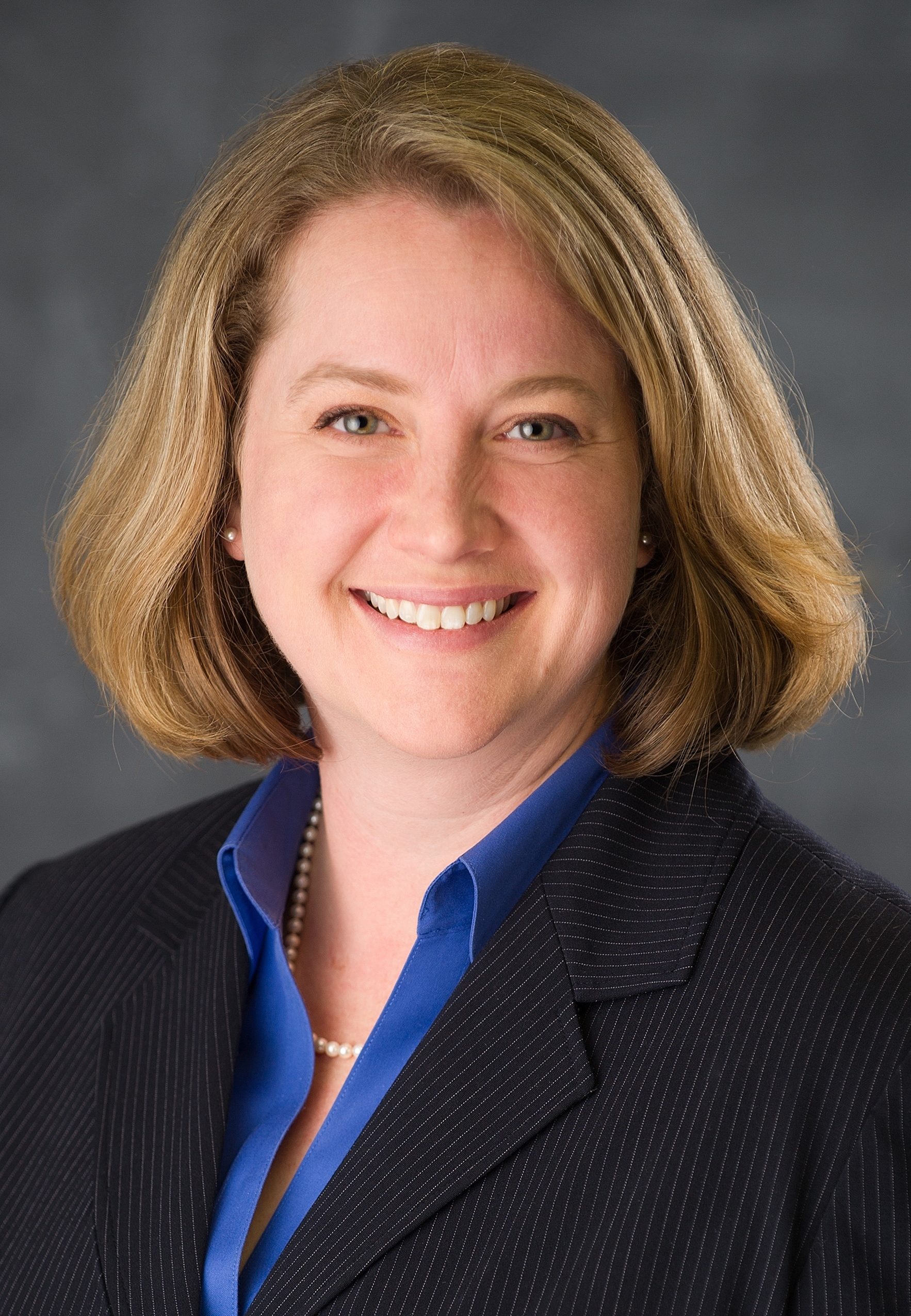
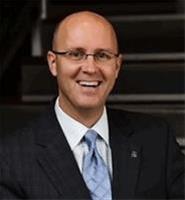

View Details
Overview
Competency development is essential for students as they prepare for a successful transition from college to career. As students experience college, they are able to hone competencies that have real-life implications. Recent NACE data point to employers hiring decisions emphasizing competency proficiency, more so than GPA when considering who to hire. Now, more than ever before, colleges and universities are integrating competencies into the fabric of their student experiences by infusing intentional competency-based student learning into the curriculum and co-curriculum—all with the goal of fostering student success and career readiness.
Join us as association leaders discuss the impact competency implementation has on institutional effectiveness and student preparedness, the importance of competency implementation across the higher education community, opportunities for collaboration between academic and student affairs, and strategies and leading practices with institutions to establish new and enhance existing competency initiatives.
Learning Outcomes:
- Understand the impact of competency implementation on institutional effectiveness and student preparedness.
- Socialize the importance of competency implementation across the higher education community.
- Share strategies and leading practices with institutions to establish new and enhance existing implementation initiatives.
Speakers
Stephanie Gordon, Ed.D., Vice President for Strategy & Impact
Matthew Brink, Chief Programs & Content Officer
Ashely Finley, Vice President of Research and Senior Advisor to the President
Amy Geist, Director of Strategic Initiatives
Friday, April 5
Crisis Management
Campus Crisis: Ensuring Proper Coordination
Fri, Apr 5 at 1:30 pm EDT
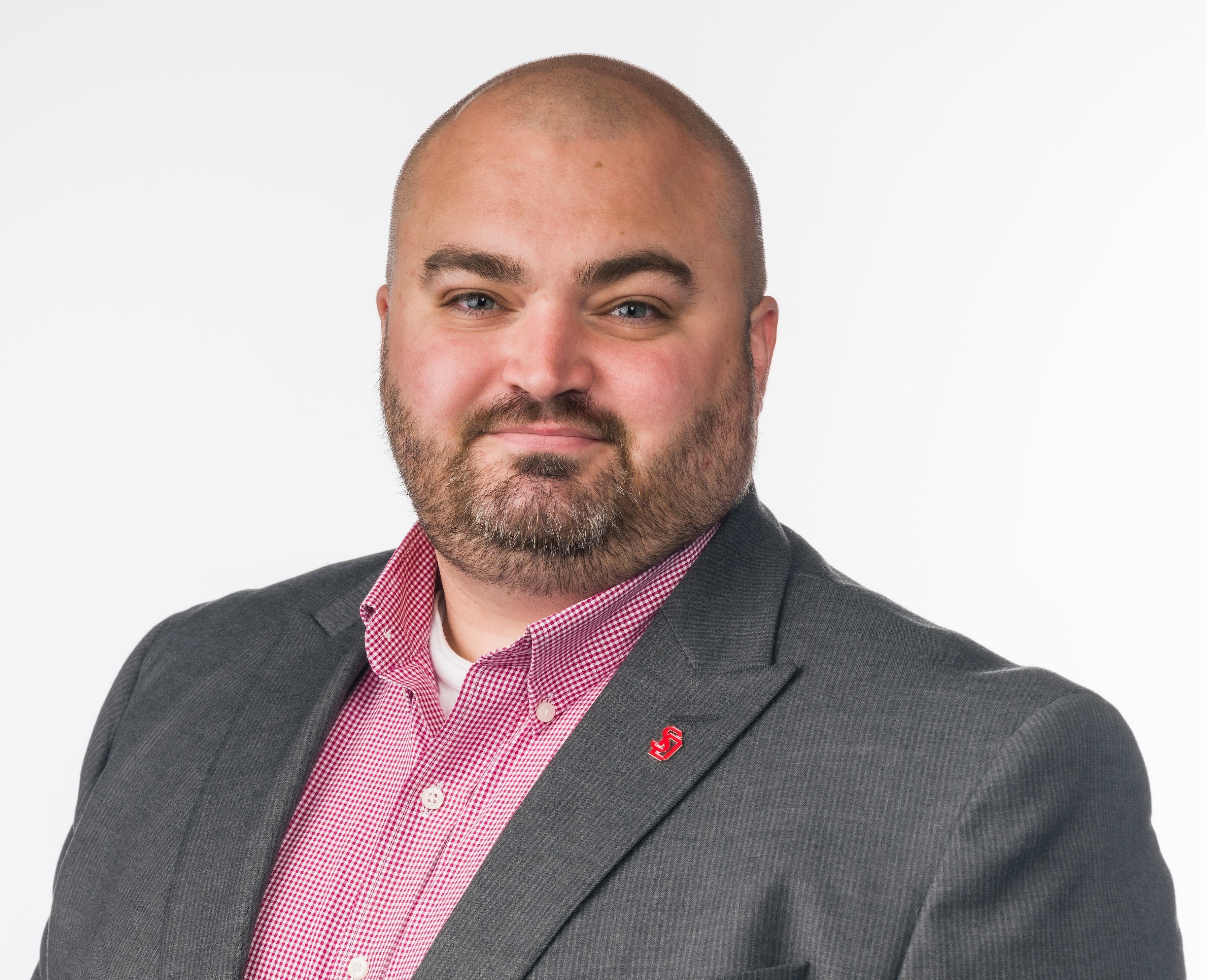
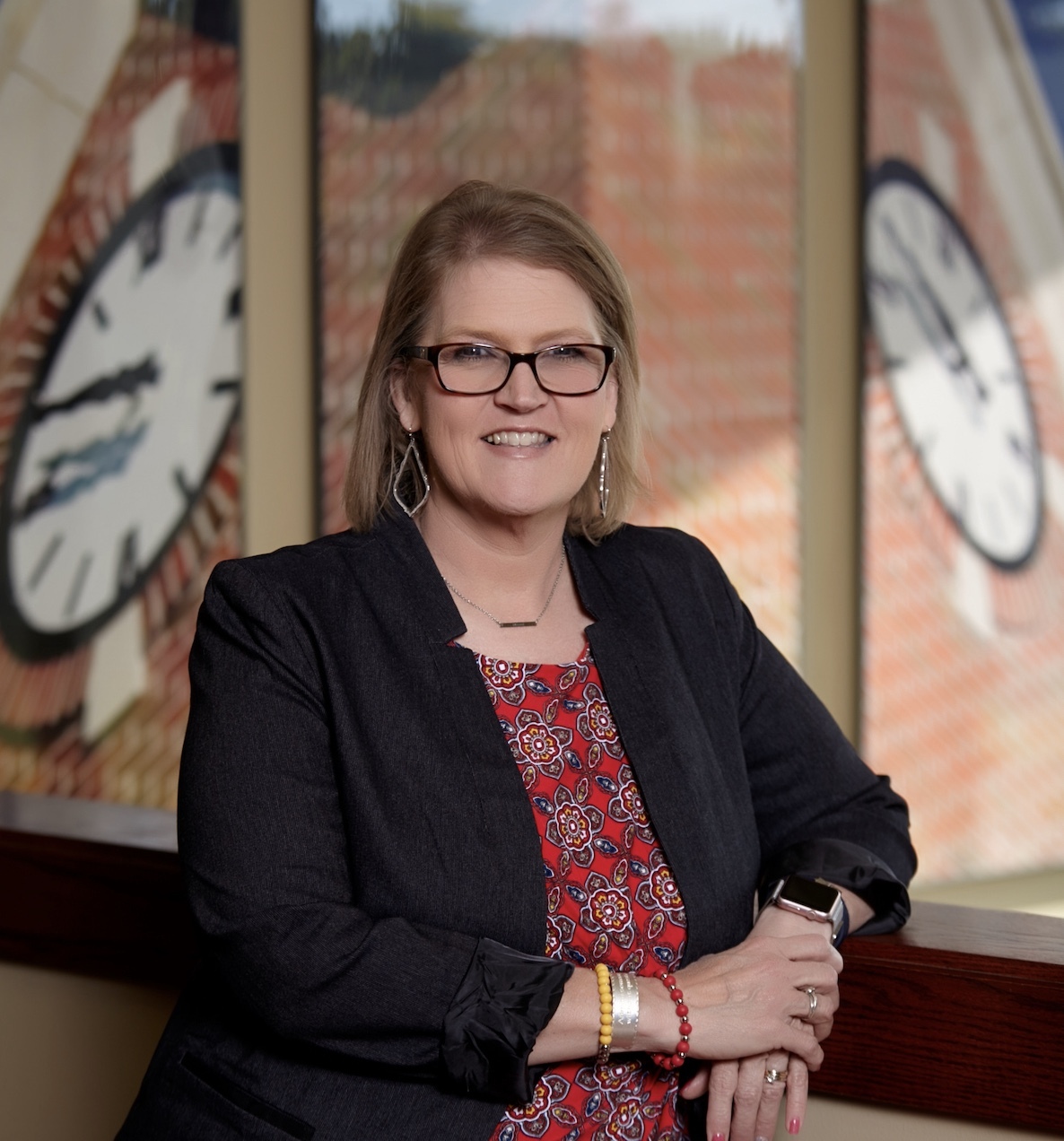
View Details
Overview
The question is not if but when. College campuses are facing crises at an alarming rate. Student affairs professionals are integral parts of the campus crisis response team. This course will give a broad overview of how student affairs professionals can establish relationships, both internal to the institution and external, to best support their students and campus during crisis situations.
Learning Outcomes:
- Identify individual positions and departments (internal and external) critical to a holistic all-campus approach to emergency preparedness at their institution.
- Identify key terms used in higher education emergency management.
- Contribute to a comprehensive emergency management plan to implement on their campus or program.
Speakers
Bryant Jackson, Ed.D., Chief of Police
Cindi Albrightson, M. Ed., Title IX & Compliance Coordinator, Campus Safety Advisor
Talent Management
Preparing for Tough Conversations and How to Get the Best Out of Your Team
Fri, Apr 5 at 3:30 pm EDT
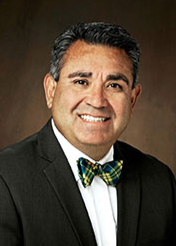
View Details
Overview
Since COVID forced us to work virtually and remotely, it magnified the feeling of disconnection, which created a more significant sense of loneliness. Further, it exposed weaknesses in our systems and strain on interpersonal relationships. Interpersonal conflict is inevitable in the workplace, and now that we are returning to more face-to-face interactions, conflict can also be the most challenging part of a leader’s responsibilities and can translate into poor performance and, worse, employee turnover.
Learn how avoiding difficult conversations can create a divisive work environment and pit staff against each other. If we shift our mindset toward honest, deliberated, and compassionate interactions, there is hope to develop a more civil and caring work environment. Dr. Alvarez will offer practical approaches derived from such authors as Marcus Buckingham, Taya Cohen, Brene Brown, Daniel Pink, Malcolm Gladwell, and Claude Steele.
Speakers
Dr. Timothy Alvarez, President Emeritus
Fiscal and Facility Management
Financial Skills for Student Government/Student Organization Advisors
Fri, Apr 5 at 3:30 pm EDT

View Details
Overview
Advising student government and student organizations involves many skills beyond group development. These include managing finances, risks, human resources, relations with the University, facilities management, and shared services. Join us as we delve into the financial and facility skills of effective advising.
Learning Outcomes:
Understand fiscal management for student government.
Explore contractual relationships that can exist between a student government and a University.
Articulate how to navigate shared services and effectively include student organizations.
Speakers
bill harcleroad, MSEd, CSAEd, CSAEd-CA, CSAEd-CU, Director of Campus Activities & Leadership
| Access Date | Quiz Result | Score | Actions |
|---|
Need Assistance?
Text the helpline or join the virtual help desk link to get assistance.
Text-Only Number: (202) 903-0652
Help Desk Hours:
April 2-April 5, 2024 11:00 a.m.- 5:00 p.m. EDT
*If you are using Internet Explorer, this site will not function properly for you, please switch to another browser such as Google Chrome, Mozilla Firefox, Safari, etc.
Need further support? Please visit our FAQs page for further information and to chat with our support team.

